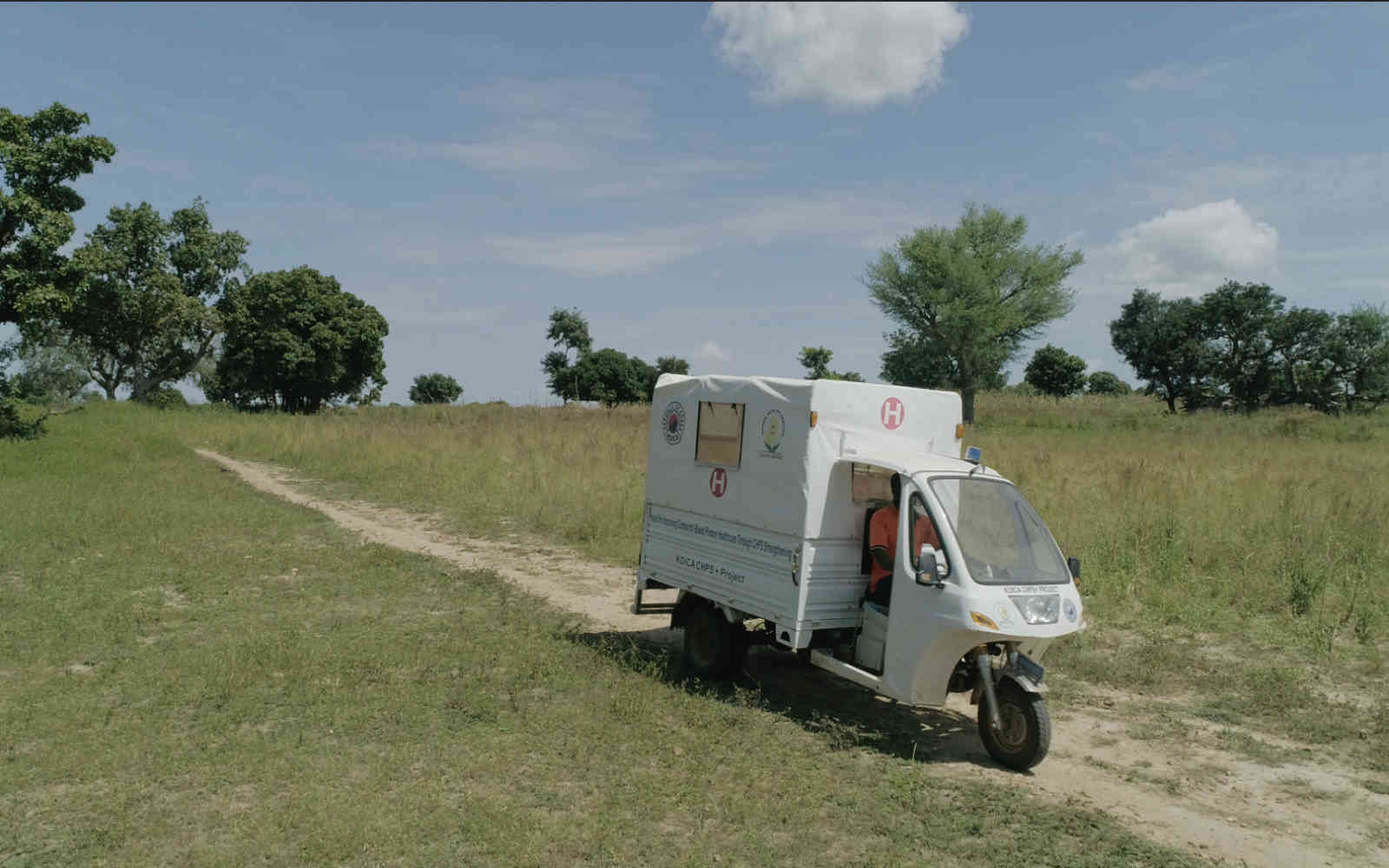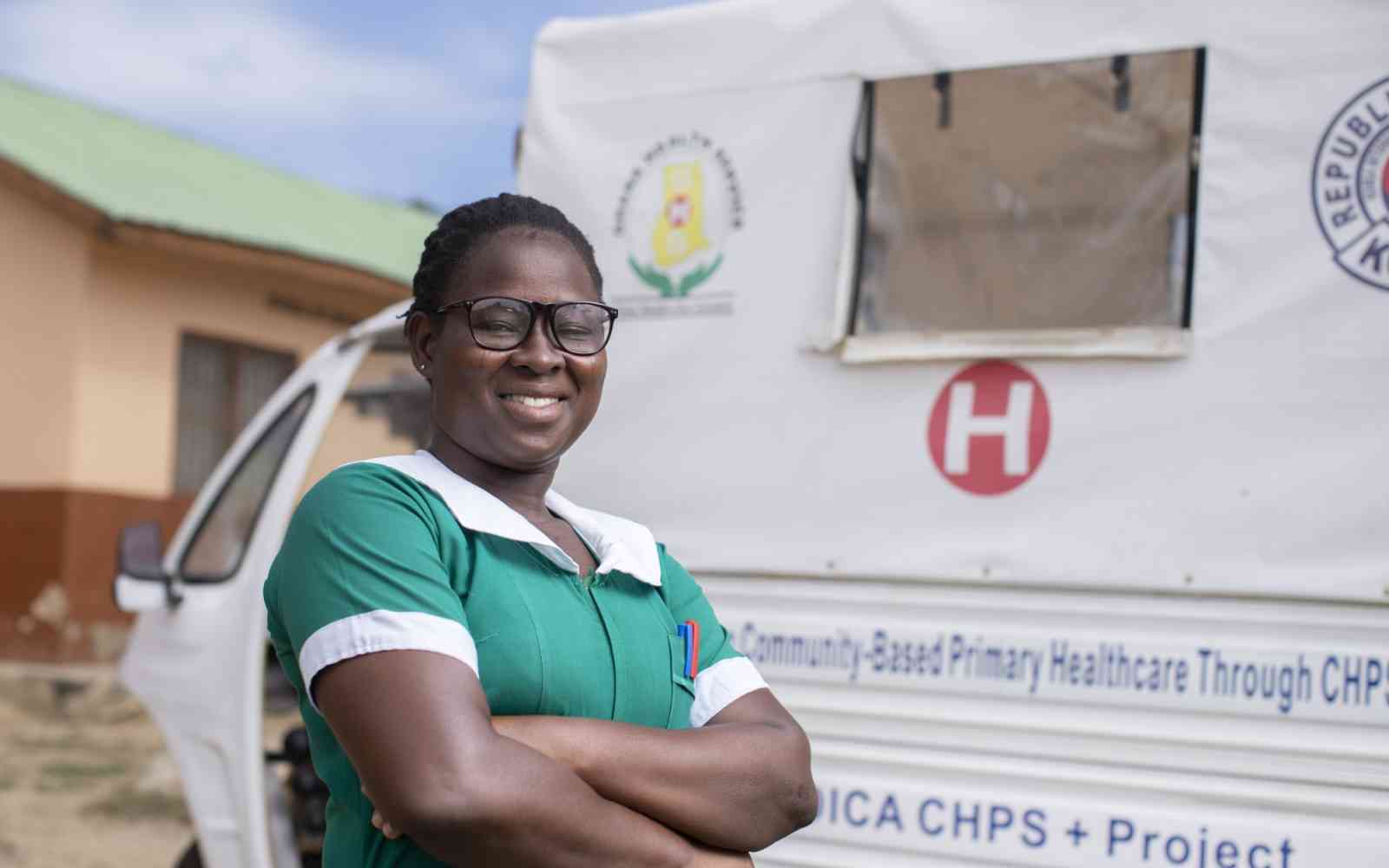The United Nations Office for Project Services (UNOPS)

Improving rice production in Ghana
Rice is an important staple food throughout Ghana. But current rice production can't meet the high – and growing – demand, forcing the country to rely heavily on imported rice.
As part of the 'Rice value chain improvement' project, UNOPS is working with the Korea International Cooperation Agency (KOICA) and Ghana's Ministry of Food and Agriculture to improve the livelihood of rice farmers in the country's Central Region. The project will also help increase the productivity of Ghana’s rice crops, reducing the country’s dependency on rice imports.
Agriculture is central to Ghana's economy, with around 40 per cent of Ghanaians working in the agricultural sector – and close to half of them are women. But women in agriculture often face difficulty accessing financial resources, knowledge and training on the latest farming methods, and equipment that could help boost their agricultural productivity.
And a large number of women working in agriculture are based in rural areas, where accessing basic services and facilities is even more of a challenge. Often, women must also juggle the dual responsibility of working the land and managing their households.


Esi Obondzie is a farmer from Okyereko, a community in the Gomoa East District of the Central Region. A passionate farmer, she has been growing rice for nearly 30 years. She owns 0.4 hectares of land where she grows rice. Through the project, Esi received training on modern methods of rice cultivation that can help decrease some of the time required to plant and harvest her crops.
The project also gave her access to modern farming equipment and facilities – including a newly built 300 square metre seed storing and packing building that she and other farmers can use to dry, process and store their harvests – needed to help maximize their productivity.
Esi also attended a training for farmer leaders in Cape Coast to further boost her knowledge of rice cultivation best practices.
As a result of the training she received and the access to modern equipment and facilities, Esi's next harvest produced a high yield of more than 2,100 kilograms of rice – from which she earned a robust profit of 8,640 Ghanian cedis (approximately $600).

With eight people in my household, the increased revenue accrued from the sale of the rice will be of utmost support to my family.
About the project
The 'Rice value chain improvement' project is funded by the Korea International Cooperation Agency (KOICA) and jointly implemented by KOICA, UNOPS and Ghana's Ministry of Food and Agriculture. It provided training to more than 2,300 farmers in the country's Central Region to help improve rice production – and increase livelihood opportunities.














